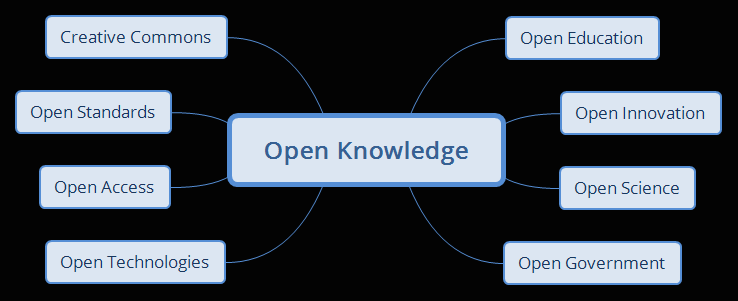At the foundation of open knowledge is open science. Open science has a companion, who should always be a full partner, called open data. We need to have the tools to explore the universe, communicate what we’ve discovered, and build upon that discovery. Unfortunately, this basic ability has been co-opted by organizations that aim to be gatekeepers to knowledge. Organizations like Elsevier, Springer , and Hindawi are operating as these gatekeepers and their reach keeps expanding as they devour smaller publishers and journals.
The cost of this gatekeeping is immense. For one thing, the exorbitant access fees cost universities, other schools, and individuals billions of dollars in fees that could be used for other purposes. There’s also a cost in time and innovation. Why? This happens because these organizations don’t make their decisions to publish based on science but on the possible impact the publication of the article might raise. This leads the organizations to turn down reconfirmations of other studies or marginal increases in the information. This means that, most often, that researchers must resubmit and resubmit before it gets accepted. The cost of time lost is immense. According to Kamila Markram,
“Of the 2 million science articles that are published every year, at least 1 million valid research articles are first rejected and bounced. Just one bounce delays the publication by at least six months. And that means the total delay introduced to publish valid research is at least 500,000 years.”
Source: https://www.youtube.com/watch?v=uPtP6-nAjJ0



